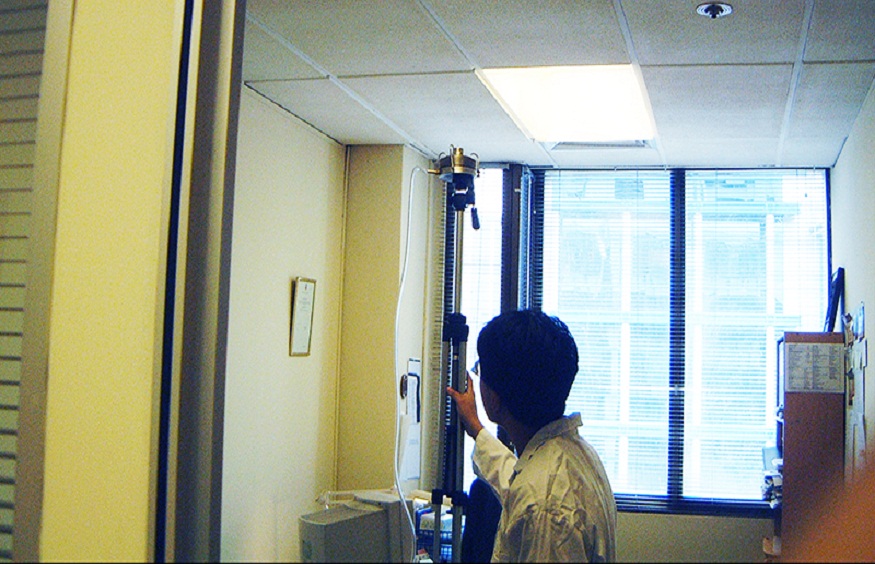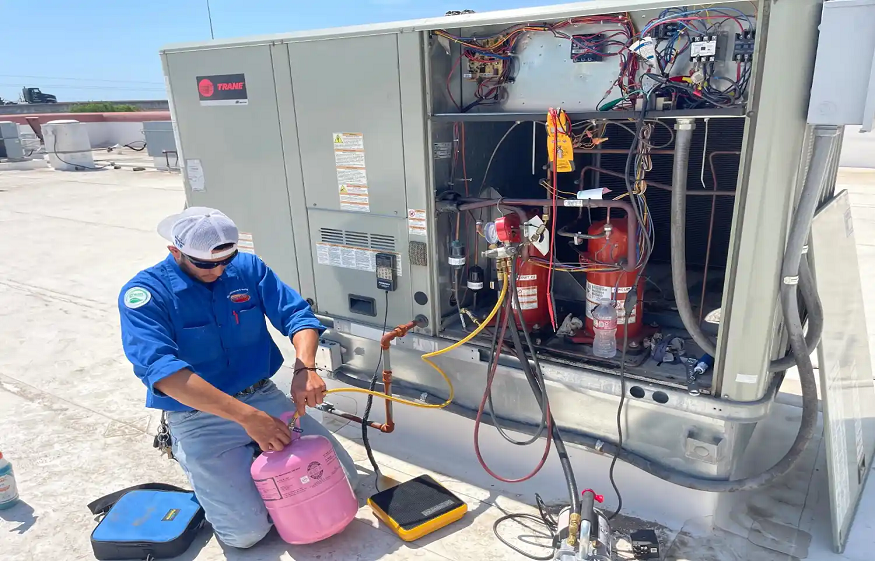Indoor air quality in Singapore directly impacts the health and well-being of people, especially the most vulnerable. The elderly, children, and people with underlying respiratory disorders are among the demographics most susceptible to the harmful consequences of low air quality. Routine testing is necessary to protect these sensitive people in a place like Singapore, where the climate can worsen indoor air quality issues. This article examines the critical role that indoor air quality testing plays in protecting their health and welfare.
Recognising the Effects of Inadequate Indoor Air Quality
Many invisible and odourless contaminants can be found in the air we breathe inside. Among these are dust, mould, and volatile organic compounds (VOCs) allergens. Most persons exposed to these pollutants may have modest symptoms like weariness or headaches. However, the effects can be far worse for people who are already at risk. Children are particularly vulnerable to pollution because of their growing immune and respiratory systems. On the other hand, poor air quality can exacerbate pre-existing health issues or weaken immune systems in the elderly.
IAQ Testing’s Protective Function for Vulnerable Populations
Indoor air quality testing is an essential tool for locating and removing contaminants that would go unnoticed otherwise. Regular testing allows you to monitor humidity, carbon dioxide levels, and the presence of dangerous mould spores and volatile organic compounds (VOCs). This allows you to take prompt action to stop health problems from developing or getting worse.
IAQ testing is essential for more susceptible populations. Sustaining appropriate indoor air quality is crucial in environments where these people spend a lot of time, such as nursing homes, schools, or hospitals. Frequent testing lowers the risk of respiratory disorders, allergies, and other health concerns by ensuring the atmosphere is secure, comfortable, and free of dangerous pollutants.
Enhancing General Well-Being
Maintaining adequate indoor air quality has a substantial impact on general well-being and safeguards physical health, especially for vulnerable populations. Poor air quality can result in a lower quality of life, weariness, and discomfort. In younger people, this could show itself as trouble focusing or engaging in activities; in older people, it might lead to elevated levels of tension or anxiety.
Using IAQ testing to detect and resolve air quality issues early on can create a more comfortable and pleasant indoor environment. Vulnerable people can then live and work in environments that support their comfort and well-being, improving their mental and emotional health.
Benefits of Regular Testing in the Long Run
Beyond immediate health gains, frequent indoor air quality testing has advantages. The long-term benefits of adequate air quality are equally essential for vulnerable populations. Regular testing can help lower the chance of acquiring chronic disorders like asthma or other respiratory diseases by minimising the buildup of dangerous contaminants. This is especially important in Singapore, where the city-state’s climate can eventually cause problems with indoor air quality.
Regular IAQ testing gives carers and others in charge of vulnerable people’s well-being peace of mind. It ensures that the environment is being closely watched over and kept in top condition. It also makes it possible to handle problems early on and stop them from worsening and threatening one’s health.
Conclusion
In Singapore, indoor air quality is a significant issue, particularly for communities more exposed to the negative impacts of poor air quality. Indoor air quality testing is crucial for locating and eliminating hidden contaminants that may endanger health and well-being. We can safeguard those who are most vulnerable by ensuring that testing is done regularly, making the surroundings safer, healthier, and more comfortable for everyone. It is impossible to overestimate the significance of preserving good indoor air quality, especially when protecting the health of those most in need of it.





